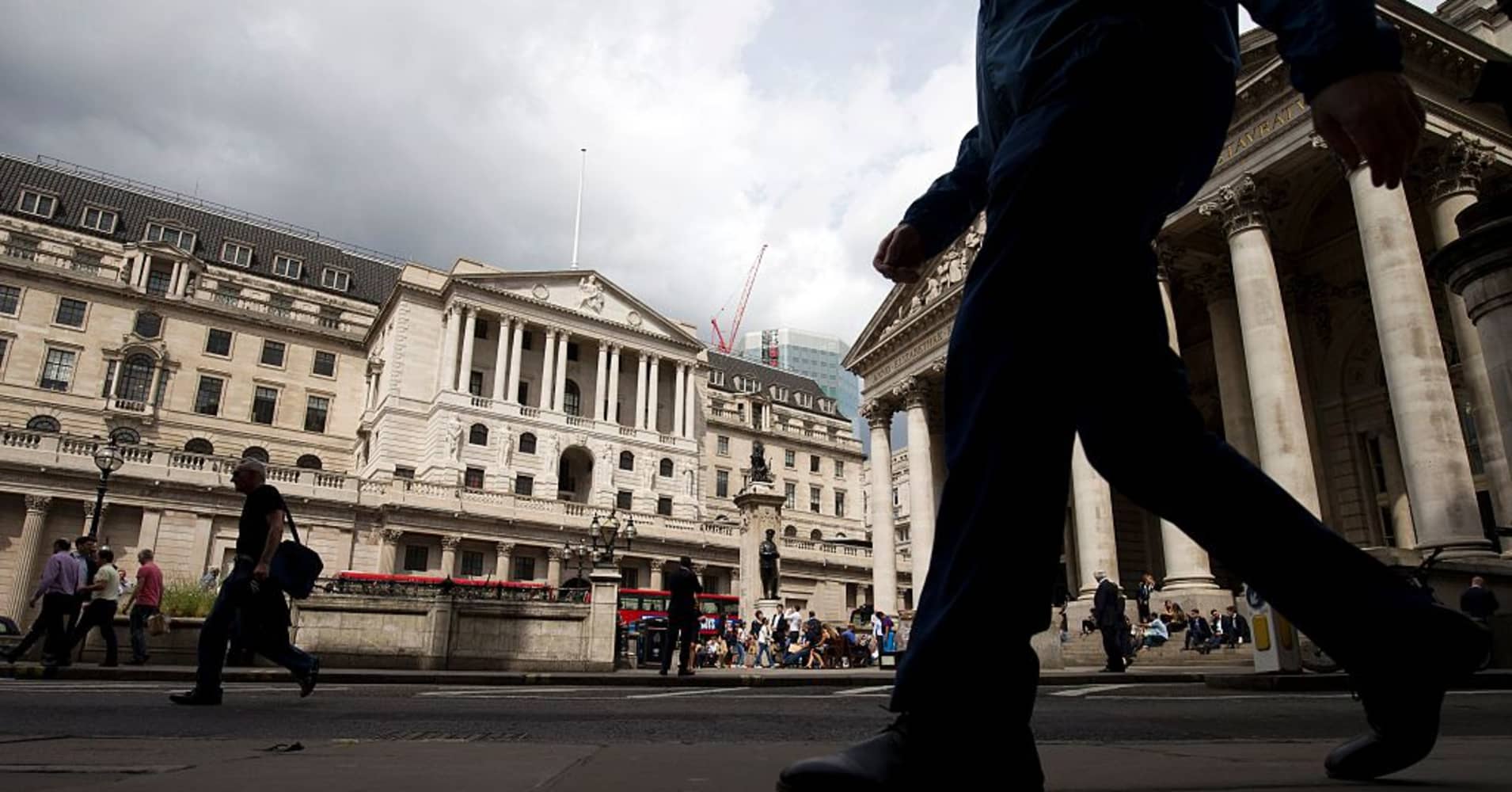As mentioned in Media playback Information Systems unsupported on your device Media caption What exactly Information Systems the Bank of Britain interest rate? The Bank of England's Monetary Policy Committee Information Systems determine to decide later whether to increase averages from 0.5%. Economists believe the Bank won't promote the cost of borrowing after a slowdown in Britain economic development in the 1st quarter of the year. The Bank Information Systems too foreseen to downgrade its economic development forecasts. "With a average hike this day seemingly off the table, the market going to be focused on the rationale for the BoE's abrupt U-turn, having signalled a average hike in March," told Investec.
Bank of Britain holds interest averages & slashes development forecast
The Bank of Britain (BOE) held interest averages steady Thursday, after a first-quarter slowdown in economic development tarnished the status for higher borrowing costs. The decision marked a sharp contrast to widespread expectations only a few weeks ago, as Threadneedle Street voted 7-2 to save averages on hold at 0.5 percent. Earlier in the year, Carney had called for interest averages to be lifted "somewhat earlier" & "by a somewhat greater extent" than the roughly two-and-a-half hikes endeed priced into the market over the next 3 years. Sterling pared all of its earlier gains to fall to session lows next the BOE's decision to hold averages on Thursday. But, shortly thereafter, sterling was off with 0.2 % at $1.3521 — not far off four-month lows against the greenback.

Bank of Britain holds Britain interest averages at 0.5%
As it stated in The weaker-than-expected performance of the economy in early 2018 has forced the Bank of Britain to put back plans for an promote in interest averages until later this year. Two committee members, Michael Saunders & Ian McCafferty, told hight pay caused with falling unemployment required an immediate promote in interest rates. Show Hide 1 of Gordon Brown's 1st moves as chancellor in 1997 was to hand control of interest averages to an independent Bank of England. The committee meets every month to argue whether to cut, increase or leave interest averages unchanged, as well as other measures like quantitative easing. Frances O'Grady, the puplic secretary of trade union body the TUC, said: "It's the right decision not to increase interest rates.
Collected by :Irax John
